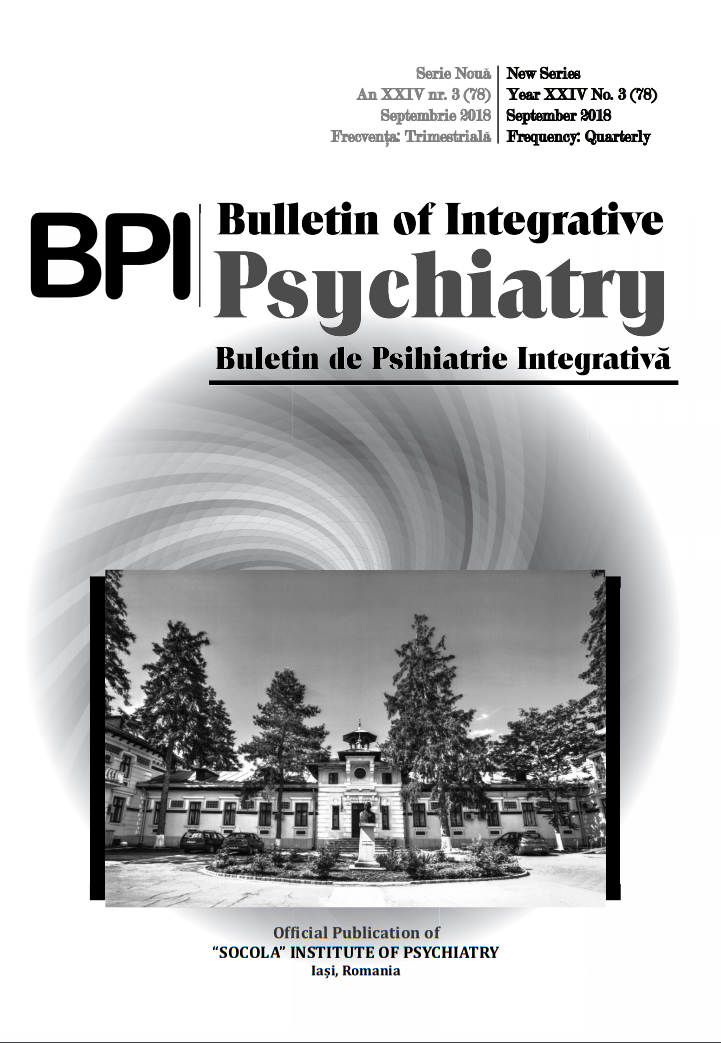PADs instruments to manage mental illness and reduce coercion
PADs instruments to manage mental illness and reduce coercion
Author(s): Ionuț-Dragoș Rădulescu, Alina-Ioana Voinea, Mirona-Letiția Dobri, Petronela NechitaSubject(s): Essay|Book Review |Scientific Life, Health and medicine and law
Published by: Editura Sedcom Libris Iasi
Keywords: psychiatric advance directives; coercion; empowerment; autonomy; surrogate;
Summary/Abstract: Psychiatric Advance Directives (PADs) allow individuals through the use of legal documents to express their wishes for future psychiatric care and to authorize a legally appointed proxy to make decisions on their behalf during incapacitating crises. The main benefit that comes from the use of advance directives is that they enable doctors to know the wishes of patients concerning what should be done and what treatment choices are to be considered when the patients are no longer competent to express their views. The moral authority of advance directives can be based upon the principle of respect for patient autonomy and following it means acting in conformity with the patient's wishes. The present essay is an attempt to explore different aspects of the advance directive in psychiatry, to understand its implications better regarding implementation and its effect on reducing coercion.
Journal: Buletin de Psihiatrie Integrativa
- Issue Year: 78/2018
- Issue No: 3
- Page Range: 37-45
- Page Count: 9
- Language: English

